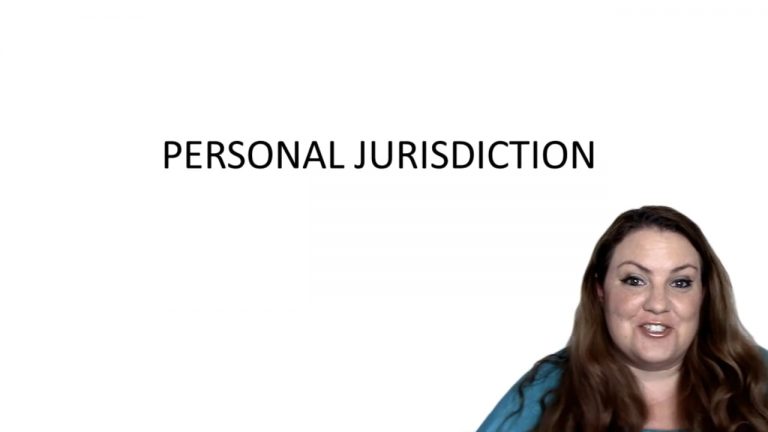SmartBrief
Confirm favorite deletion?
Civil Procedure Keyed to Marcus
Rilley v. MoneyMutual LLC
Citation:
884 N.W.2d 321 (Minn. 2016)Facts
Four Minnesota residents filed a class action complaint against MoneyMutual, the operator of a website that matched individuals with lenders for short term “payday loans.” Respondents alleged that MoneyMutual engaged in illegal and tortious conduct in connection with its loan business because: the terms of the loans were illegal under state law, MoneyMutual matched applicants with unlicensed lenders, and the website’s advertising contained misrepresentations that violated state law. MoneyMutual moved to dismiss the complaint for lack of personal jurisdiction. The district court upheld jurisdiction and the appellate court affirmed.
Only StudyBuddy Pro offers the complete Case Brief Anatomy*
Access the most important case brief elements for optimal case understanding.
*Case Brief Anatomy includes: Brief Prologue, Complete Case Brief, Brief Epilogue
- The Brief Prologue provides necessary case brief introductory information and includes:
Topic:
Identifies the topic of law and where this case fits within your course outline.Parties:
Identifies the cast of characters involved in the case.Procedural Posture & History:
Shares the case history with how lower courts have ruled on the matter.Case Key Terms, Acts, Doctrines, etc.:
A case specific Legal Term Dictionary.Case Doctrines, Acts, Statutes, Amendments and Treatises:
Identifies and Defines Legal Authority used in this case.
- The Case Brief is the complete case summarized and authored in the traditional Law School I.R.A.C. format. The Pro case brief includes:
Brief Facts:
A Synopsis of the Facts of the case.Rule of Law:
Identifies the Legal Principle the Court used in deciding the case.Facts:
What are the factual circumstances that gave rise to the civil or criminal case? What is the relationship of the Parties that are involved in the case.Issue(s):
Lists the Questions of Law that are raised by the Facts of the case.Holding:
Shares the Court's answer to the legal questions raised in the issue.Concurring / Dissenting Opinions:
Includes valuable concurring or dissenting opinions and their key points.Reasoning and Analysis:
Identifies the chain of argument(s) which led the judges to rule as they did.
- The Brief Prologue closes the case brief with important forward-looking discussion and includes:
Policy:
Identifies the Policy if any that has been established by the case.Court Direction:
Shares where the Court went from here for this case.
Topic Resources
Topic Outline

 18m 35s
18m 35s